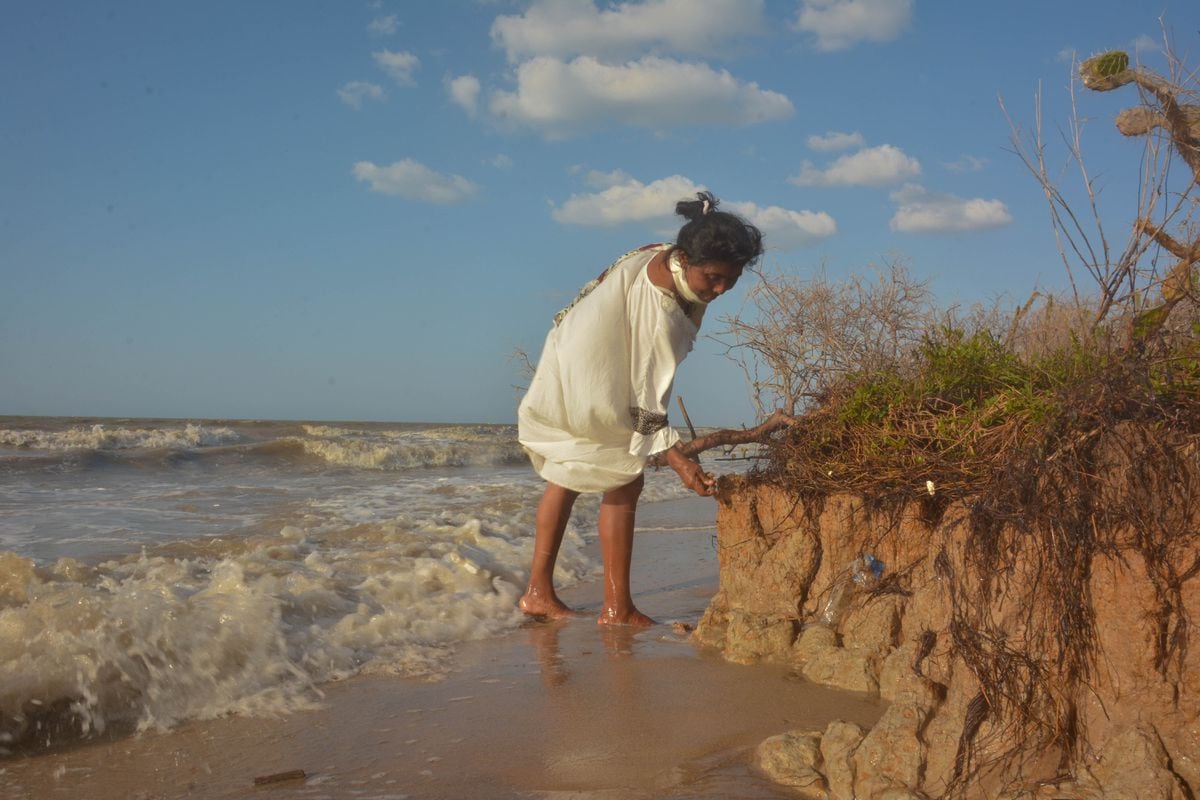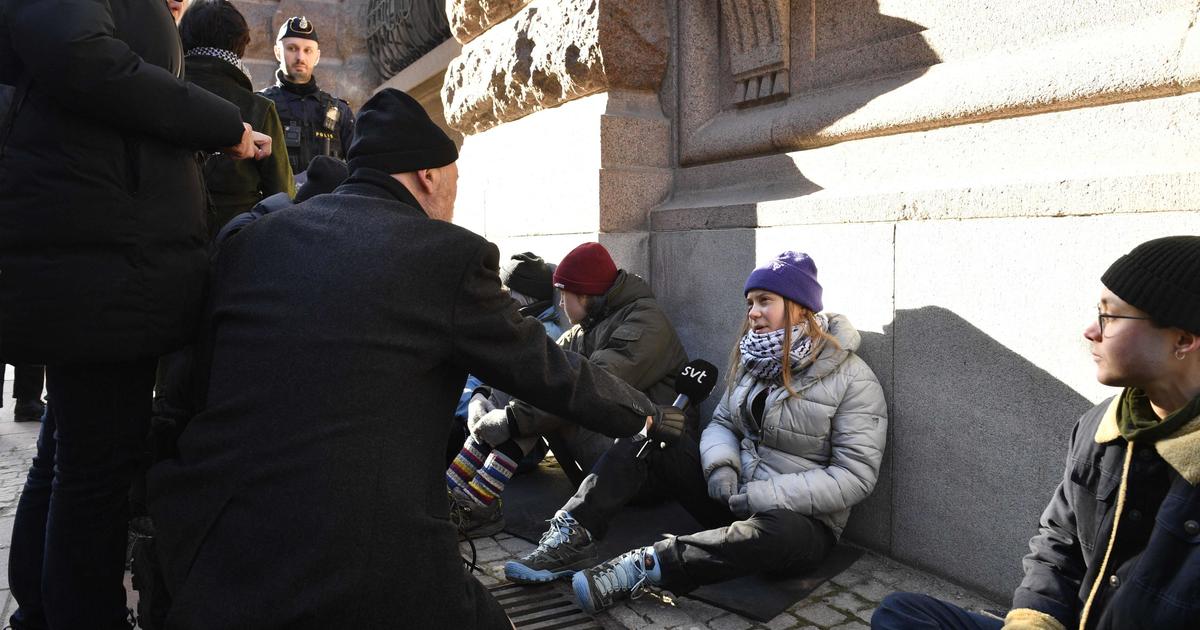Icon: enlarge
Irrigation system in a field near Bornheim in the Rhein-Sieg district: It is not without consequences if every year 37 billion tons of CO2 are released from industry, traffic and heating worldwide
Photo: Jürgen Schwarz / imago images
In order to understand what is perhaps the greatest challenge of the future, one has to look particularly far back into the past.
This is just one of the numerous peculiarities that politics, society and science have to deal with when they deal with the climate crisis.
People who are new to the subject often have difficulty thinking in terms of the large time series in the history of the earth, Reinhard Hüttl is at home in them.
The geoscientist is chairman of the board of the German Research Center for Geosciences in Potsdam and is familiar with the "dynamic changes" on earth.
Just recently, his institute, together with researchers from the Geomar Center in Kiel, presented a well-received publication.
In it, the researchers analyzed one of the largest mass extinctions on the planet 252 million years ago.
It was probably triggered by high volcanic activity in what is now Siberia.
Overall, 95 percent of all marine life and around 70 percent of animals and plants on land disappeared.
The mass extinction happened long before an asteroid wiped out the dinosaurs.
The changes at that time due to the gigantic entry of carbon dioxide and other greenhouse gases into the earth's atmosphere do not bode well for the future of climate in the coming decades, according to the result of Hüttl's study.
Icon: enlarge
Climate scientist Hüttl at the Geoforschungszentrum Potsdam: "We are now observing worrying reinforcement mechanisms."
Photo: David Ausserhofer
"It always bothered people when the earth shakes somewhere or a mountain spits fire," he says.
But today something very crucial is different than it was then: Man is no longer just at the mercy of violence, he changes it.
He creates himself a new threat through climate change.
Hüttl is one of the most influential figures in German science.
Up until three years ago he was President of the Acatech Science Academy, an association of top German researchers whose word is heard in politics.
Chancellor Angela Merkel comes when Hüttl and his community invite you to large receptions.
She has already brought him to her advisory bodies several times, for example to Fukushima in 2011 in the energy ethics committee.
Hüttl is also a member of the Scientific Advisory Board for Forest Policy and the Bioeconomy Research and Technology Advisory Board.
Where did the water go?
The 63-year-old director of the institute is not a loud activist like many others who deal with the consequences of climate change.
He explains calmly and objectively: "Climate change on earth is no longer a model calculation. It is happening before our eyes, it is measurable, and as a scientist I have the responsibility to point this out to society."
Hüttl has a vivid example of this.
He reports on one of the latest publications from his company, data from the satellite duos Grace and then GRACE-FO, which "has been racing over our heads every 90 minutes for 20 years," as he says.
In very simplified terms, one could say that they weigh the changes in weight of the countries they fly over, including Germany.
There, his scientists were able to prove that 37.5 billion tons of water were lost in the republic in the dry summers of recent years.
"The drying up trees that we see in the forests are a result of this change," says Hüttl.
Other data from his research center are helping to find the cause of this climatic change.
Again it is mass measurements, in this case the loss of the Arctic ice "There, the temperatures rise two, in some places three times as fast as in the temperate latitudes," says Hüttl.
The weather is getting mixed up
The warmth in the north disrupts the weather systems in the northern hemisphere.
The jet stream, i.e. that strong west-east wind at a height of eight to twelve kilometers, loses its power, and thus the supply of rain also decreases.
"We are now seeing disturbing reinforcement mechanisms," he says.
"Increasing forest fires are releasing more greenhouse gases, as is the thawing permafrost in the polar regions."
It is not without consequences if every year 37 billion tons of CO2 are released from industry, traffic and heating worldwide.
Carbon dioxide that has been safely brought underground by the geological processes on the planet over millions of years.
After all, some things have changed for Hüttl in the social perception of his research: people now trust the findings.
"There is hardly a politician left who seriously doubts it."
The same applies to the economy, where it is now clear that one has to move in terms of climate protection.
"The announcement of the EU Commission President Ursula von der Leyen about climate neutrality is a clear positioning," says Hüttl.
Now it is the task of this generation of scientists to provide the technical solutions for this.
Icon: The mirror








